Before founding Lagos Fashion Week in 2011, Omoyemi Akerele was a lawyer and a stylist. Then one day, “I was just bored or ambitious enough to think this was something we could do,” she said over the phone from Lagos this past weekend. “But I wasn’t delusional.” This year represents the 10th anniversary of Lagos Fashion Week, which occurs biannually in the Nigerian city. In that decade, the event itself has grown, and with it, the Nigerian fashion and textile industries. Designers like Kenneth Ize, Maki Oh, and Lisa Folawiyo have made strong statements on the international stage. Lagos is an important space to watch for new and increasingly established talent.
BAZAAR.com caught up with Akerele in the midst of the shows to discuss Lagos Fashion Week’s journey from birth to today, what it’s done to forward African fashion globally, and, in turn, how it has influenced the local community.
It’s the 10th anniversary of Lagos Fashion Week. What has been really significant to you as you look back, and what stands out in this moment?
It’s a bit surreal that we’re here. One of the reasons why I decided to launch into this ambitious initiative was to provide an opportunity for bringing people together for a common vision, which is to have the industry thrive … to create a semblance of an industry where there previously wasn’t any. Where previously all people thought about fashion was entertainment [and that it] was something that’s relegated to bored housewives.
I’m glad that the strongest part of what has come out of this thus far is the community—of artisans who work behind the scenes with the designers to create the pieces that light up the runway, from not just Lagos but right down to Accra to Juba to Dakar, across Africa. A community of creators whose mantra each season is to design, but design from a place of beauty, from a place of purpose, from a place of love, from a place of mindfulness—mindfulness to the processes they’re committed to, to the heritages of either textiles or embellishments or embroidery. It’s the community of models who started their careers with us and now they are headlining shows in New York, Paris, Milan. Our community of interns who started working with us in 2011 and still do today, they are project managers, they are team leaders, they run multiple businesses. They’ve grown. We have all grown. And the beauty about that is we have grown together. What we have done means a lot. It’s really exciting. What it means for African fashion globally—that is a big deal.
The conversation is definitely changing. It’s a forward-thinking approach. You’re talking about environmental, social, and economic solutions within what you create. How would you like to see the West African and Nigerian fashion industry grow, and how would you like to impact the global conversation?
I think this is an interesting one. For the last five years, we deliberately started focusing on extending the conversation beyond the runway. Shaping the future of fashion on the continent is definitely predicated on certain things for us, which is driving the conversation around sustainability. We’ve been focused on ensuring that the fashion and apparel sector can be a key driver for growth in Nigeria and primarily across the continent, being mindful that we are mainly import oriented and driven. The conversation drivers have been sustainability, sourcing ethically across the continent, the role of technology, the role of manufacturing, and distribution.
One that is really close to our heart is the ongoing conversation around sustainability. I’m always careful to use that word, sustainability, because it has been bandied around so many times. But it is important to reiterate to our community that fashion within African communities and other communities of similar cultures has been deeply rooted in practices of sustainability, ethical fashion, and slow fashion since inception.
If you look around, a lot of the designers who create today, for them, creativity is a community act. We don’t have to work to train our designers to make sure there is traceability or transparency within their supply chain, because that’s who they are. Off the back of this, we’ve created a process called Green Access to support young designers. So they don’t fall into the trap that some of the older ones have, which is to think that they are not sustainable. The Global North has a way—sorry, it’s a bit controversial—of making it look like sustainability; circularity in fashion was something that happened.
When people think of eco or sustainable living, what comes to mind most of the time is this Euro-American representation of what it should be. This is not always the case. In this community, the belief is everyone and everything matters. And it’s this philosophy that we want to implicate into the minds of the younger generation that’s emerging on the scene. This should be the foundation of the creative process. This is what makes African fashion truly special. This is what makes it luxury. It’s the process. It’s the craftsmanship. It’s designing and creating to last a very long time in a way that is not harmful to the environment. That’s part of the conversation that we want to be at the forefront of championing. Obviously not because it’s, the sexy thing to talk about. But because our designers and creators are so engrossed in what they’re doing that they forget to tell this story.
Right now, at the 10-year anniversary, we’re reflecting back, but what are you thinking of for the future?
It’s interesting you ask me that question, because the theme for the season is the future starts now. The future for me starts with also working together. Stakeholders on the continent. I have always said that there is a lot of fragmentation within the African fashion industry, and we can really achieve so much. The future for me is young talent. When we started a decade ago, a lot of the people you see today whose names you hear, started with us in 2011. The Kenneth Izes. I can go on.
There are so many things I know we did wrong in this decade that we don’t want to take with us into the next decade as well. So working together, birthing new talent, and, of course, ensuring that we are able to utilize technologies to our advantage. Technology, distribution models, sourcing, funding for African designers. The future starts around all of these conversations and ensuring these conversations become pillars that drive the change that we hope to see, because without us strengthening some of these pillars, I don’t know what’s next from here.
Are there any particular designers or events that people who are reading should check out or tune in to?
We’re going to be livestreaming the shows [they are all available to watch online at lagosfashionweek.ng]. That’s quite exciting. The beauty of the season is we have, for the first time, six or seven brands who have offered to show out of tent. That’s a sign of growth for us. There is something we must be doing right.
For me, the future is beyond creativity. Creativity is inherent. It is who we are as Africans. Most of these skills have been passed down from generation to generation. But our collective task is to add value to it. We can build sustainable businesses around it. We can create communities around it. We can develop knowledge sharing and skills acquisition based on creative exchange across African communities—not just within Nigeria in the localized context, but between communities in Nigeria and Rwanda. How can we equip our youth with skills for job and wealth creation? For that way, we can get to that utopia where everyone matters and everyone benefits.
The message we want to reiterate is the future starts now. It should be the global fashion industry’s treatise that we need to conserve the environment, value people, support our communities, and invest in them. In our case, it should be to celebrate the abundance of our natural resources, our vibrant culture, inherent values, and skills that have been passed down from generation to generation on our continent.
These amazing young people come together each year, because they believe in us as we present some of the brightest talent on the continent in a space that is predominantly created for us, by us, to serve the world at large. That’s us. That’s who we are.
This content is created and maintained by a third party, and imported onto this page to help users provide their email addresses. You may be able to find more information about this and similar content at piano.io
Article From & Read More ( Celebrating a Decade of Lagos Fashion Week - HarpersBAZAAR.com )https://ift.tt/3GHKfHF
Fashion
Bagikan Berita Ini

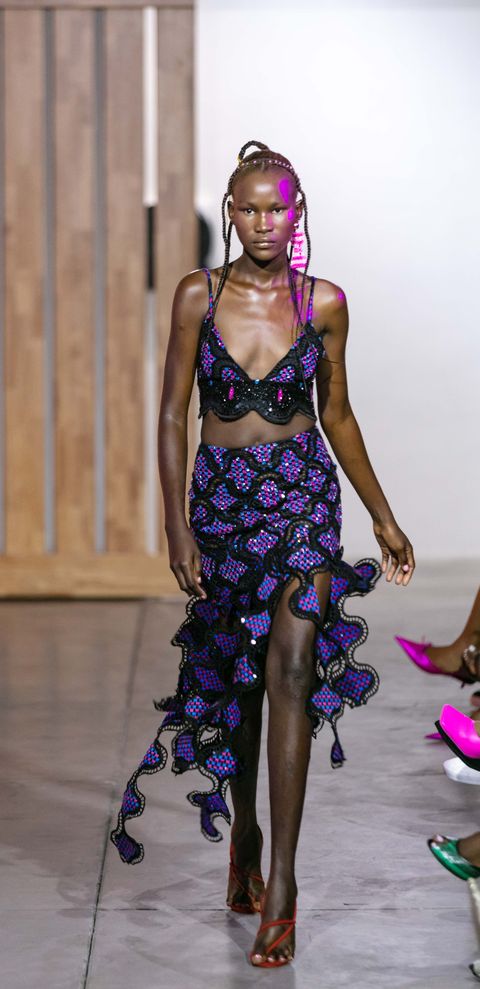
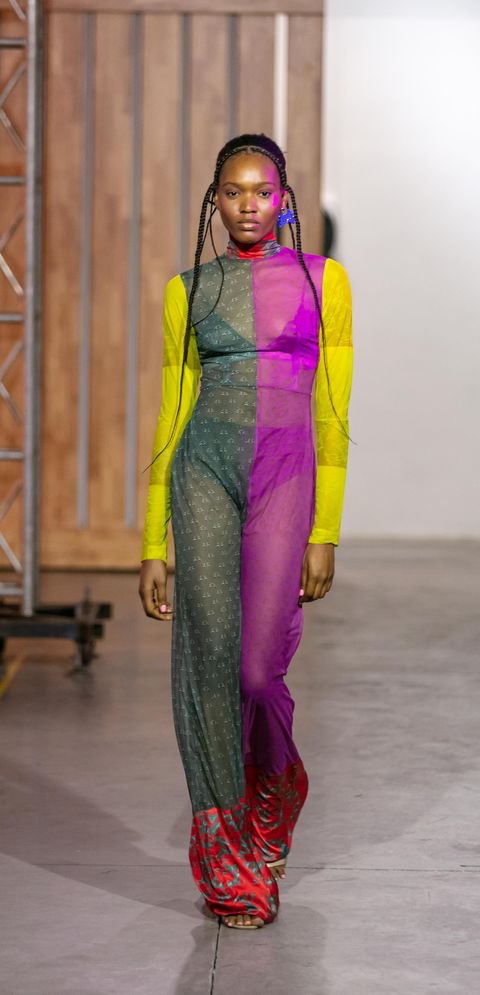
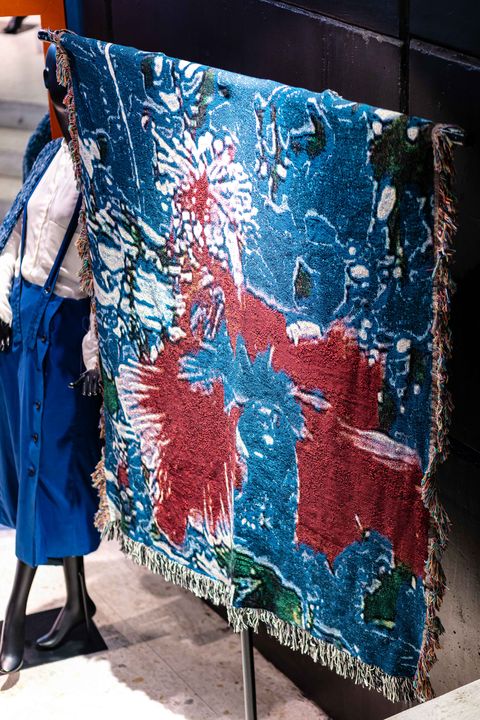
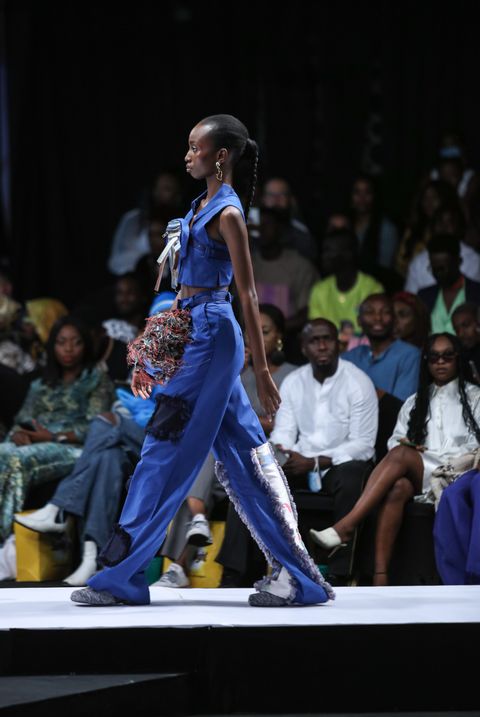
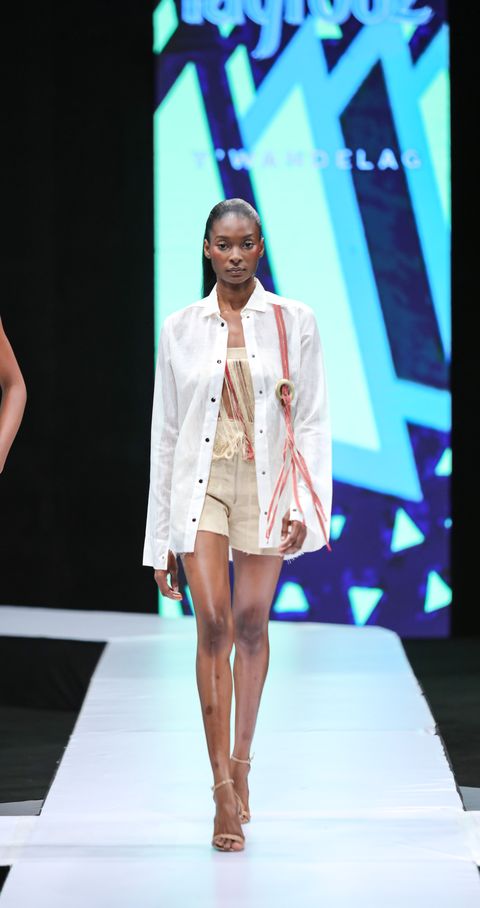
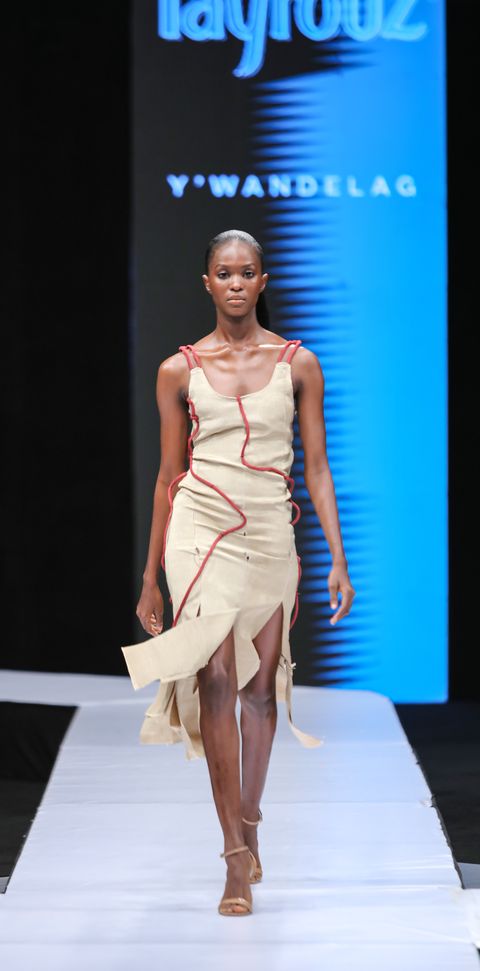


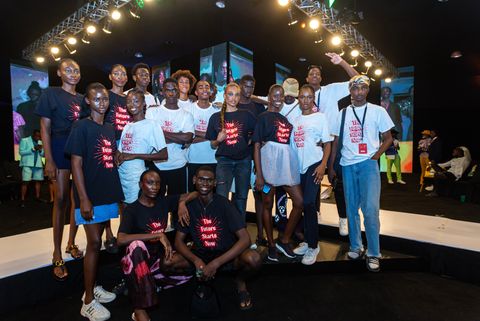














0 Response to "Celebrating a Decade of Lagos Fashion Week - HarpersBAZAAR.com"
Post a Comment